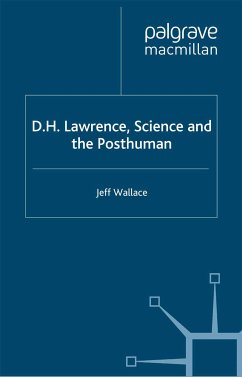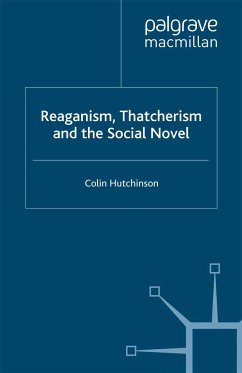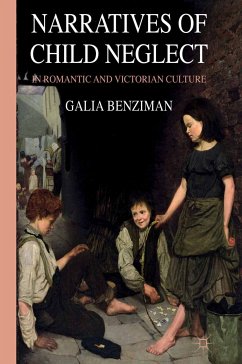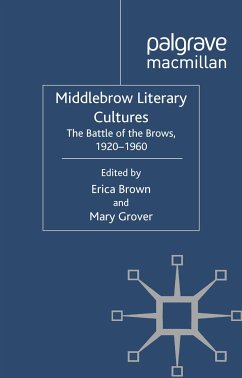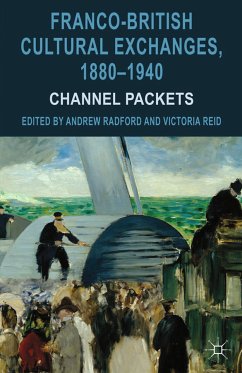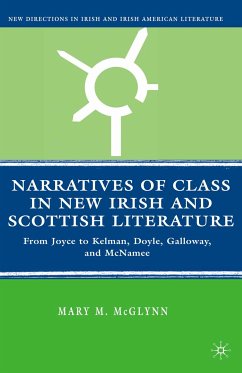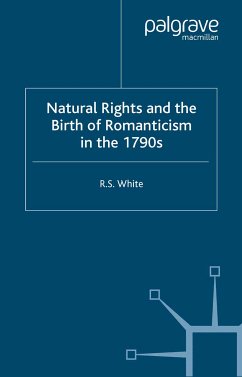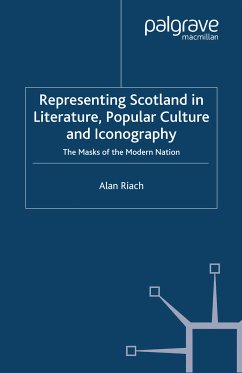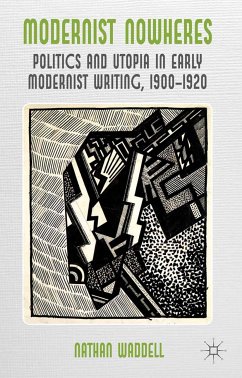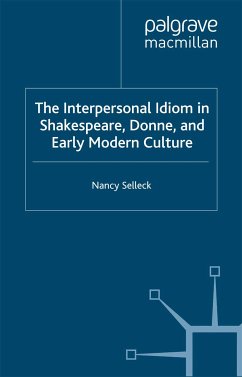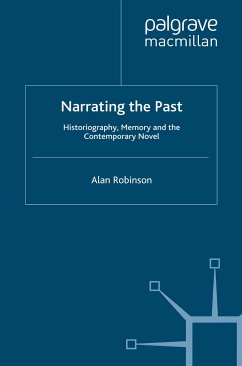
Narrating the Past (eBook, PDF)
Historiography, Memory and the Contemporary Novel
Versandkostenfrei!
Sofort per Download lieferbar
40,95 €
inkl. MwSt.
Weitere Ausgaben:

PAYBACK Punkte
20 °P sammeln!
In recent years controversy has surrounded the narrative turn in history and the historical turn in fiction. This book clarifies what is at stake, tracing connections between historiography and life-writing, arguing that the challenges posed in representing the past illuminate issues which are central to all literary narrative.
Dieser Download kann aus rechtlichen Gründen nur mit Rechnungsadresse in A, B, BG, CY, CZ, D, DK, EW, E, FIN, F, GR, HR, H, IRL, I, LT, L, LR, M, NL, PL, P, R, S, SLO, SK ausgeliefert werden.



